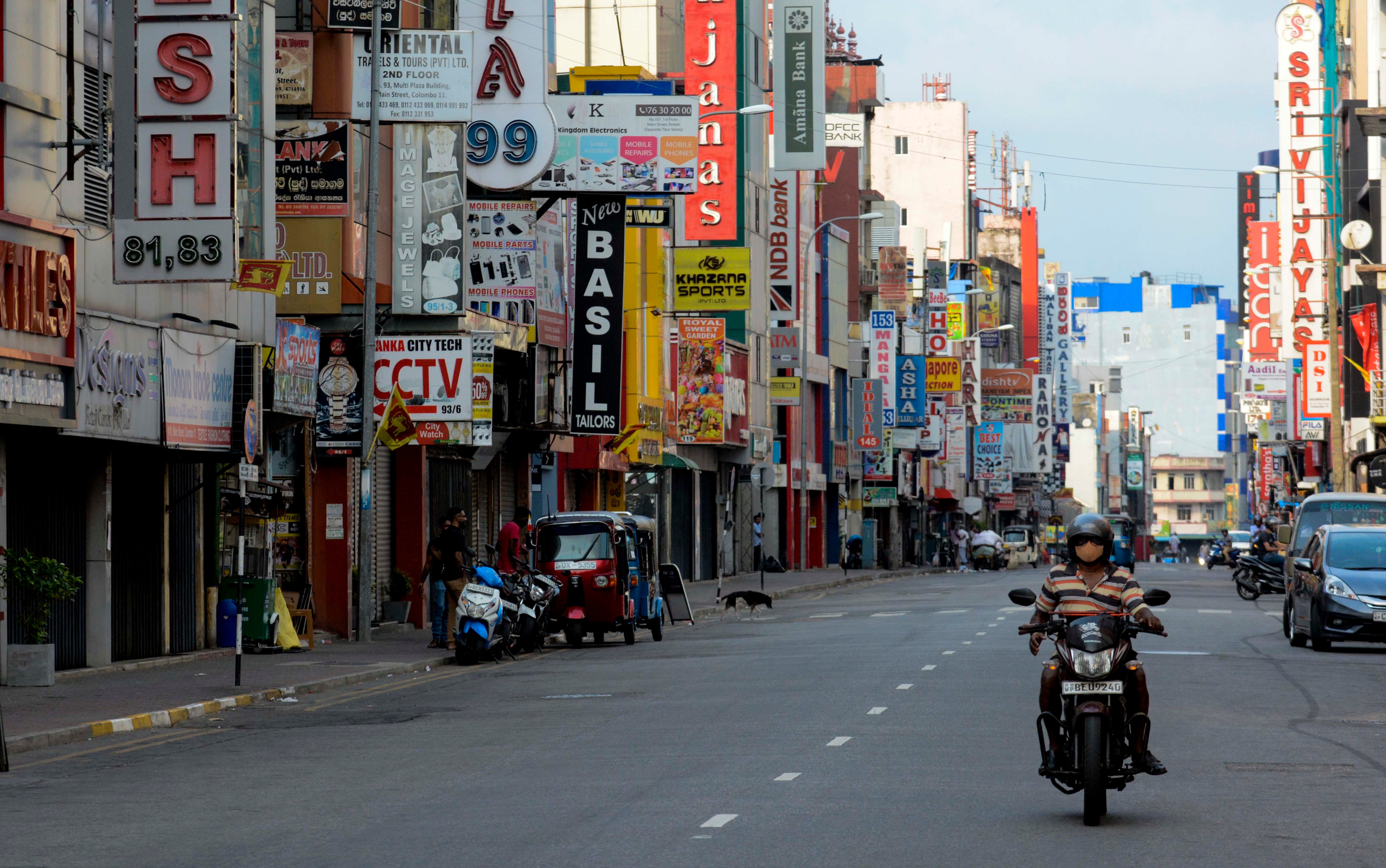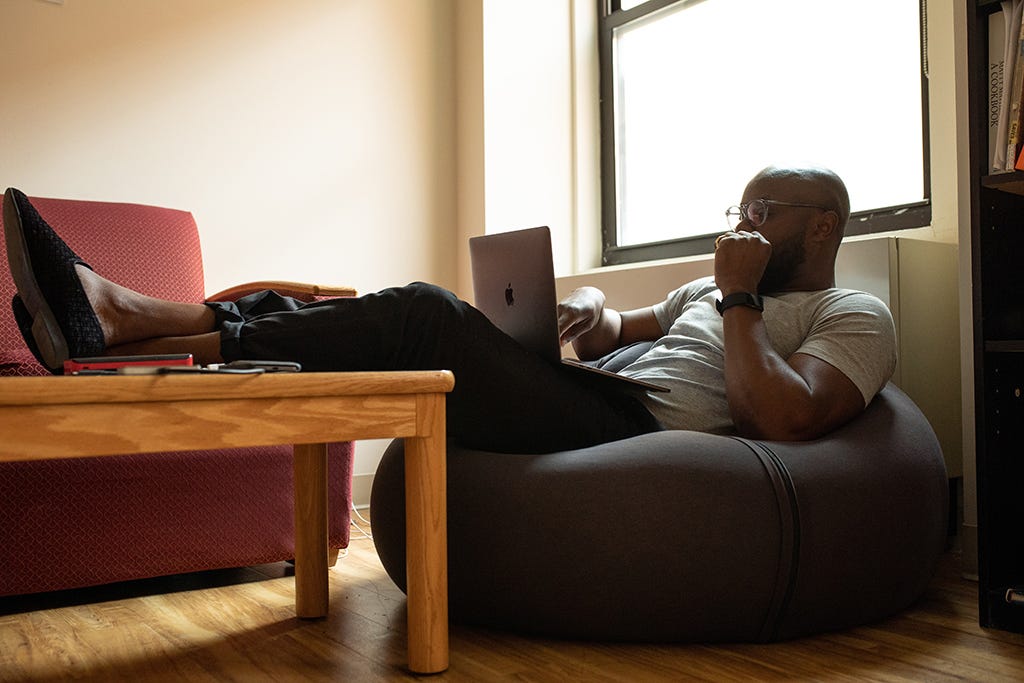HOW ARE SRI LANKAN START UPS MANAGING WITH COVID-19?
How are Sri Lankan startups managing in a crisis?
The world is resetting. With quarantines, lockdowns and travel bans, we see a sharp fall in consumers’ and businesses spending which in turn, predicts a recession in the global economy. Many countries have it far worse than Sri Lanka with their healthcare systems bursting at the seams and the death count rising daily. While our government is doing its best to prevent the spread of the virus and facilitate essentials to the population, businesses are buckling under pressure.

As the global economy is brought to a screeching halt, developing nations such as Sri Lanka are vulnerable with layoffs and cutting off on household incomes resulting in everyone moving towards a ‘hand to mouth’ existence.
What are the key challenges that businesses face now?
Most consumers are not earning, and only spending what they absolutely need which is essentials such as food and medicine.
“There is no revenue or only reduced revenue for many startups, especially in the travel, retail and manufacturing industries. It’s very difficult for startups to navigate what is called the “valley of death” when cash flows are negative. The longer the effects of COVID-19 affect our economy — and early projections say that this is going to affect consumption for at least a year — the startups have to think of survival. It’s no longer about revenue or traction, it’s about being a cockroach and surviving,” says Jeevan Gnanam, Founding Director of Lanka Angel Network and Founder and Director of Orion City. highlighting the reality of the situation.
“People’s needs and wants are changing, so businesses must try to adjust their business models to support these requirements in this changing environment,” says Aruna Perera, Director of Corporate Finance & Valuation Consulting. The next few months will hold uncertainty. People won’t be willing to take an unnecessary risk. Businesses will be on a survival mindset as opposed to a growth mindset.

How are industries dealing in Sri Lanka?
While startups in some industries are receiving the worst blows, others are using this as an opportunity to accelerate. Food security is a massive problem with food distribution channels around the island being disrupted and companies frantically finding alternatives to maintain the distribution and supply chain. With massive supermarket chains rising to the challenge of switching to home delivery, tech startups such as YohoMart and Eat Me Global and e-commerce companies such as Urban.lk are changing their business model to use technology and facilitate the delivery of essential items. Even the State Pharmaceutical Corporation (Rajya Osu Sala) followed the pursuit to develop an online platform for the customer to purchase and get the medicine delivered to their home. Despite being compelled to close their co-working space in Fort, startup Hatch Works in Sri Lanka is continuing to provide their mentorship virtually and free of charge to its members.

Around the world, larger companies in tech such as Microsoft, Amazon’s AWS and IBM are working with governments to support various efforts, while smaller startups are being flexible and innovative to meet this rapidly changing customer needs. In Bangalore, DroneMaps (a company that uses technology to extract analytical data from drone images) developed a live dashboard to track COVID-19 patients and their activities and is working with Haryana and Punjab governments.
Is working from home making a difference?
While healthcare, defence, municipal and administrative services have seen no end to the work, many of the food supply chains are working with 1/3 of its labour force with the rest sent home or unable to get to work due to curfew and social distancing. Most tech companies are continuing working from home, while others have requested that their employees take mandatory unpaid leave or pay cuts.

Even if some companies enable work from home, they will notice a decrease in staff productivity. Many manufacturing companies will be affected by the lack of supplies specifically ones that depend on China as many facilities are shut down with the curfew in effect.
Most large scale organisations would not dream of working from home but are compelled to do so. While this may take some time for people to adjust, this could be something that companies can look into if they can find a healthy balance for their organisation due to the various cost benefits that arise from such a setup.
What will the future look like? Will industries change and will customers adapt?
The solutions that we think of now, might not essentially end once the pandemic ends. People adapt, and become comfortable with a particular lifestyle and that a substantial portion of users will stick around. Education and virtual learning have seen a hike in demand with institutes offering their courses online while others such as Harvard and Ivy League opening venues for online learning free of charge. Fintech companies are predicted to see a rise in demand as more people would prefer to digitise their finances. Virtual reality could be another industry that may take a turn positively with people not having access to travel and other experiences.
Advice for Startups
Startups will need to re-evaluate their business models starting from finances and based on it, understand expenses and where the company will be in the next two to three months. Being aware of the worst-case scenario and understanding how much cash your company gets and finding a balance between efficiency and redundancies is important. Look for opportunities where the current system fails. Understand where you can jump in to capitalise a situation where the system has failed or are under a lot of stress.
Give a different experience.

Human evolution is us overcoming one challenge after another. We’re here today because every challenge has shown us new opportunities and perspectives. Let us take this as a challenge with the lessons learnt through this pandemic, be resilient and rise to the occasion to create a healthy balance between humans and nature.



